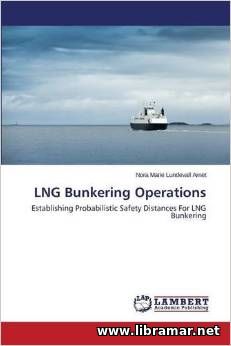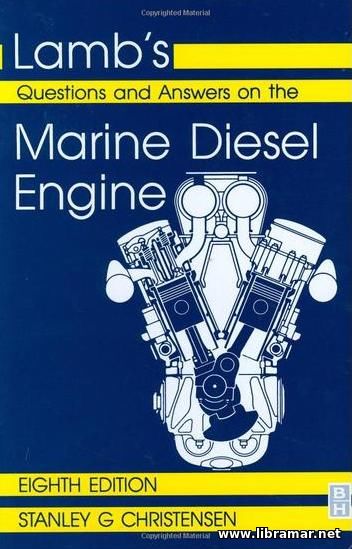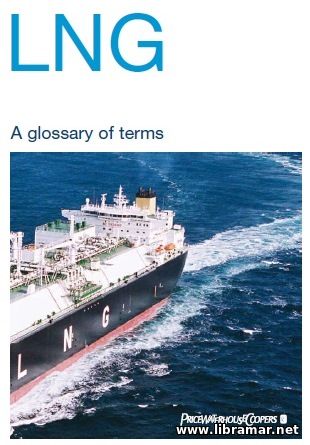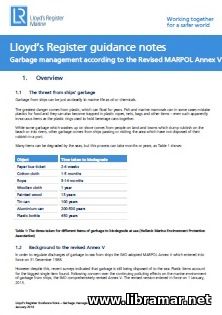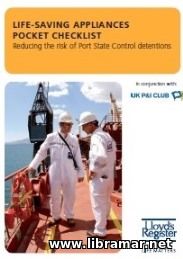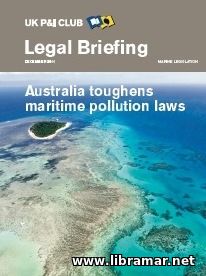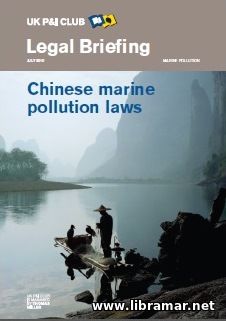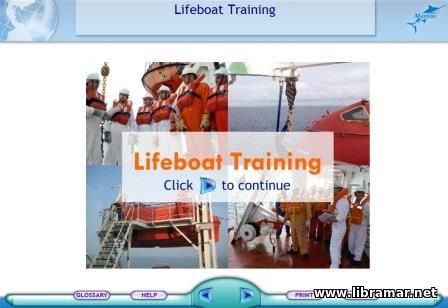
The overall declared objectives of this computer-based training course developed by Marlins are to provide necessary instruction, training and explanation about all aspects of lifeboat operation, maintenance and certification, to describe the construction and working principles of the major components of the typical lifeboat systems, to highlight the regulations and the requirements, to provide explanations of abandon ship drill and procedures, provide a means to reinforce familiarization of equipment on board the ship, to test senior officers and crew on their understanding of lifeboat arrangement, operations and inspection/maintenance.
The course for Support level covers overview of lifeboat training, typical arrangement, operating procedure, lifeboat inspection and maintenance, relevant regulations and requirements, and common incidents. After study of the first section of this training course, you shall be able to understand the whole importance of having lifeboat training, identify where lifeboat training can be carried out, specify the intervals for having lifeboat training, list the knowledge and skills you can obtain from lifeboat training, and describe how this computer-based training can enhance lifeboat training. The exercises are presented in the form of a questionnaire.
